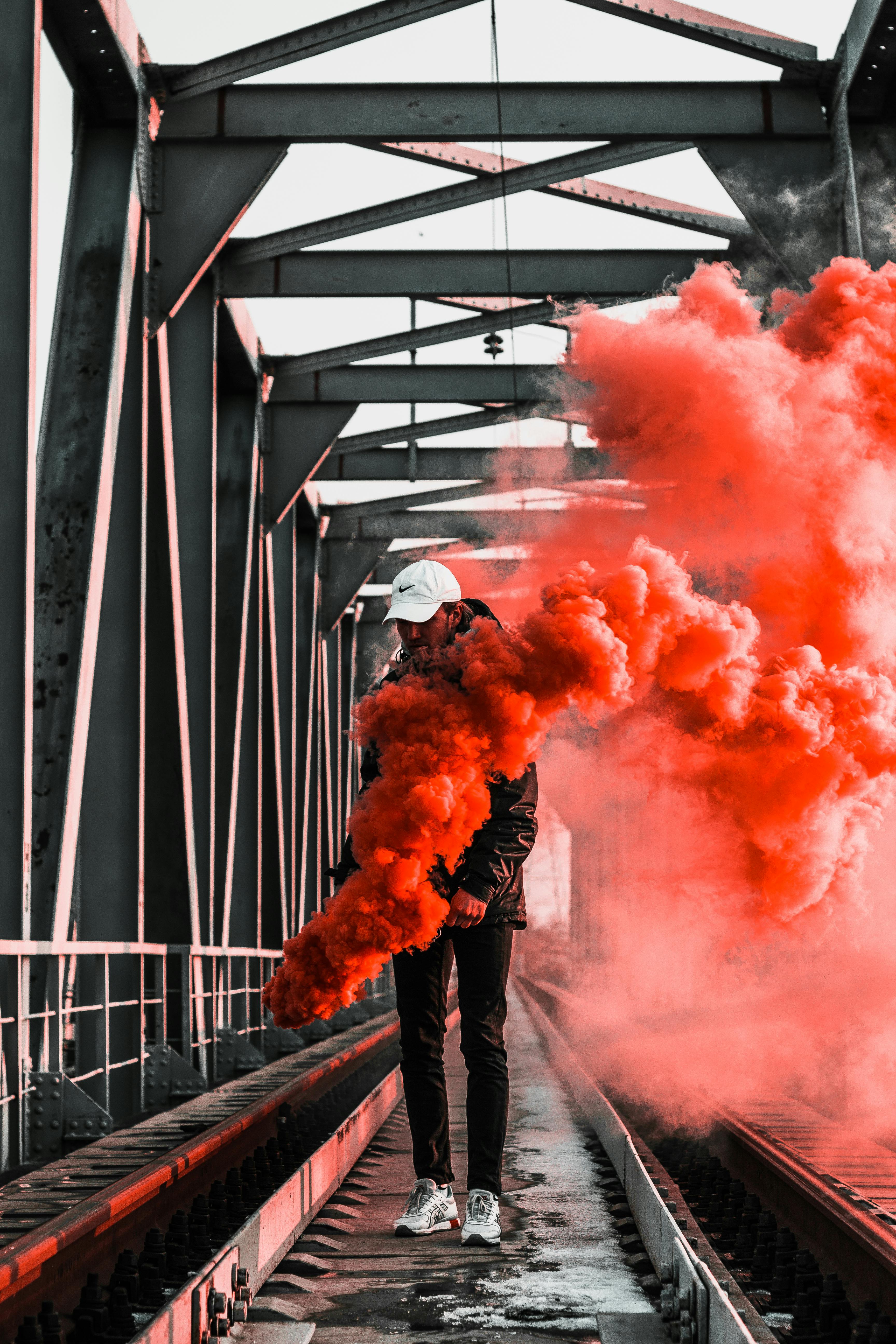Sri Lanka Tourism Bombings
Navigating the world of globetrotting can sometimes leave you faced with unexpected obstacles. This is especially true when dramatic events unfold in pulsating travel destinations like Sri Lanka. In this article, we’re going to explore the somewhat disturbing trend of “Sri Lanka Tourism Bombings”, a topic that has created ripples among adventure-seekers and holiday planners. Through this piece, you’ll gain a better understanding of the potential risks associated with the said travel hotspot, granting you a clearer viewpoint on the issue.

Understanding The Sri Lanka Tourism Bombings
From a tranquil paradise attracting tourists globally, Sri Lanka faced a gruesome reality check due to a devastating series of bombings on Easter Sunday in 2019. The bombings affected the country’s tourism industry by striking fear in the minds of prospective tourists, causing a big blow to this crucial industry inside the beautiful island.
Overview of the Event
The gruesome act of terror unfolded on April 21, 2019, when a series of coordinated suicide bombings occurred across the island-nation. Militants targeted hotels and Christian churches as people celebrated Easter Sunday, turning celebrations into scenes of chaos and despair. The bombings were later claimed by a radical local Muslim group and ISIS.
Targeted Locations
The attackers targeted three churches across the nation. In the capital city of Colombo, St. Anthony’s Shrine was targeted, while in Negombo, St. Sebastian’s Church faced the wrath of these inhuman acts. The Zion Church in Batticaloa was the third church targeted. Other than churches, luxury hotels, namely the Shangri-La, Cinnamon Grand and Kingsbury in Colombo, were targeted, turning places of relaxation and joy into zones of terror.
Number of Casualties
The horrendous event led to the death of at least 259 people and injured more than 500. Among the casualties, both local Sri Lankans and foreign tourists were included, which broadened the impact of this catastrophic event.
Impact on Sri Lanka’s Tourism Industry
The tourism industry, which was a significant contributor to the Sri Lankan economy, suffered heavily due to this sudden blow that tarnished the country’s reputation as a safe travel destination.
Immediate Aftermath of Bombings
In the immediate aftermath of the bombings, the tourism sector of Sri Lanka witnessed a sharp fall. With images of the destruction echoing across global media outlets, tourists started cancelling their bookings, and flight operators and online travel agencies observed a drastic drop in the search for flights to Sri Lanka.
Long-term Effects on Tourism
The long-term damages were even more severe. Sri Lanka, known for its pristine beaches and historical sites, was now associated with terrorism in the minds of the world. The fear among tourists resulted in a long-term impact on the visitor numbers, leading to a struggle for the tourism-dependent economy.
Recovery Strategies by the Sri Lankan Government
The Sri Lankan Government took immediate actions to control the fall in tourism. From tightening security measures around tourist hotspots and hotels to launching marketing campaigns to restore confidence among travelers, the government left no stone unturned. They also provided financial aid to the affected industry and eased travel restrictions to draw back tourists.

Global Response to the Bombings
The horrifying event generated responses from across the globe, putting Sri Lanka in the international limelight.
International Media Coverage
Global media outlets covered the terror act extensively, highlighting both the devastating effects and the resilience of the Sri Lankan people. Unfortunately, the coverage also reinforced the fear among people, impacting the image of Sri Lanka as a secure travel destination.
Global Condemnation
World leaders and organizations globally condemned the attacks. The United Nations, the United States, and several other countries expressed their condolences and strongly denounced the act of violence.
Support from International Community
In the face of such a disastrous event, the international community rallied to support Sri Lanka. Countries sent aid and offered support in investigating the attacks.
The State of Tourism in Sri Lanka post-Bombings
Post the bombings, the tourism industry faced an uphill battle in rebuilding its lost glory and trust.
Current Tourism Trends
After an initial slump, the tourism sector has seen a gradual improvement. With increased security measures in place and a global marketing campaign highlighting Sri Lanka’s diverse attractions, the tourism trends are showing a positive upturn.
Positive Developments
Despite the bombings, Sri Lanka’s inherent attractions continue to charm visitors. The country was named the top country for travel in 2019 by Lonely Planet, and there has been a slow but steady rise in the number of tourists, indicating a positive development for the industry.
Efforts made for Recuperation
Recovery efforts are underway with the government and local businesses making dedicated efforts to restore the tourism industry. Revamping digital marketing strategies, ensuring enhanced safety measures, and telling stories of resilience are some of the strategies being implemented.

Safety Precautions for Future Travelers to Sri Lanka
Safety remains the top priority for any traveler, and it’s likewise for Sri Lanka as it attempts to rise from the ashes.
Visa Information
The Sri Lankan government has eased its visa policies to attract tourists. There are facilities for electronic travel authorization that simplifies the application and approval process.
Travel and Health Guidance
Travel advisories have been updated to reflect current conditions in Sri Lanka. Tourists are advised to be aware of their surroundings, especially in crowded places, and maintain good health practices.
Tips for Safe Tourism
For those intending to travel to Sri Lanka, it’s suggested to stay updated with news from credible sources, register with their embassy, and always maintain communication with family and friends.
Mention of the Bombings in Travel Guides
Travel literature played an important role in shaping the perception of Sri Lanka post-bombings.
Effect on Travel Literature
Travel guides and blogs updated their information about Sri Lanka post the bombings, discussing the current safety situation, travel advisories, and the resilience of the country and its people.
Changes in Itinerary Suggestions
The itinerary suggestions saw a change, with an emphasis on visiting less crowded places and staying at well-secured hotels. There was also a shift in focus towards local and rural tourism.
Safety Advisories
Travel guides started to include safety advisories for tourists, along with emphasizing Sri Lanka’s myriad attractions, highlighting the balance between safety and exploration.

Personal Stories from Tourists Affected by the Bombings
The personal stories of those affected by the bombings injected a sense of reality and empathy to the event.
Narratives of Survival
Survivors shared their stories which brought to light the horror of the bombings but also underscored the resilience and strength of the human spirit.
Impact on Travel Plans
Many tourists had their travel plans disrupted due to the bombings. These stories reflect on the sudden change of plans and the emotions that come with it.
Personal Lessons and Reflections
Survivors often reflected upon their experiences, sharing lessons they’ve learned from such a shocking event, creating a personal connection with their readers and listeners.
Resilience of the Sri Lankan Tourism Industry
Despite the challenges, the Sri Lankan tourism industry has shown remarkable resilience.
Efforts to Revive Tourism
Focused efforts have been made to revive the tourism industry. From adoption of digital marketing to international tourism fairs and roadshows, Sri Lanka is fighting to restore its image as a tourism hotspot.
Success Stories
There have been some early success stories too. Growth in the number of tourists and recognition from international travel organizations highlight the potential for recovery.
Optimism for the Future
Even in the face of adversity, there’s a sense of optimism for the future. Sri Lanka, with its natural beauty, diverse culture, is confident to bounce back as a sought-after destination.
Impact on Local Communities Dependent on Tourism
The bombings had a direct impact on local communities heavily dependent on tourism even though their strength and adaptability can’t be overlooked.
Economic Consequences
Community income was significantly impacted. Many who relied on tourism for their livelihood found it hard to make ends meet.
Social Impact
The bombings not only affected the economy but also brought about social changes. Increased security measures affected daily life while creating a sense of fear and uncertainty.
Recovery Stories
However, there are inspiring stories of recovery from local communities. People came together, supporting each other to face the challenging times and slowly moving towards normalcy.
The Future of Tourism in Sri Lanka
Despite the pain and setbacks, the future of tourism in Sri Lanka looks hopeful.
Prospective Developments
The government is encouraging investment in the tourism sector and working towards improving the infrastructure. The introduction of new tourist circuits and strengthening existing ones are part of the plans.
Government Initiatives
The government has launched global marketing campaigns and eased visa policies to attract more tourists. Security protocols are being enhanced to ensure the safety of tourists.
Investor Confidence
Confidence among investors is slowly rebuilding. Several infrastructure projects and hotel developments are in the pipeline, signaling a positive trend for the tourism industry of Sri Lanka.
